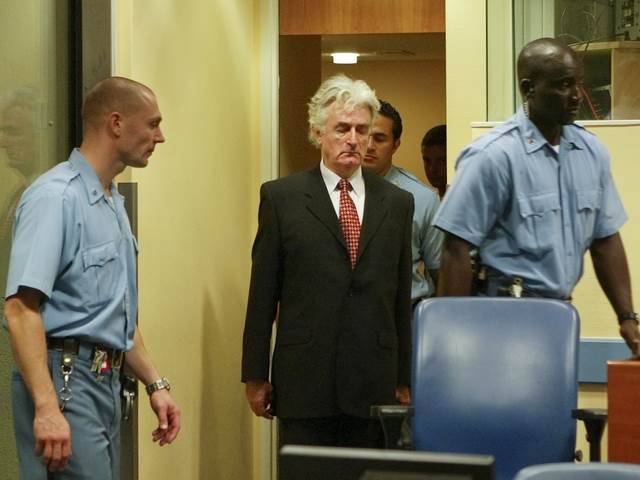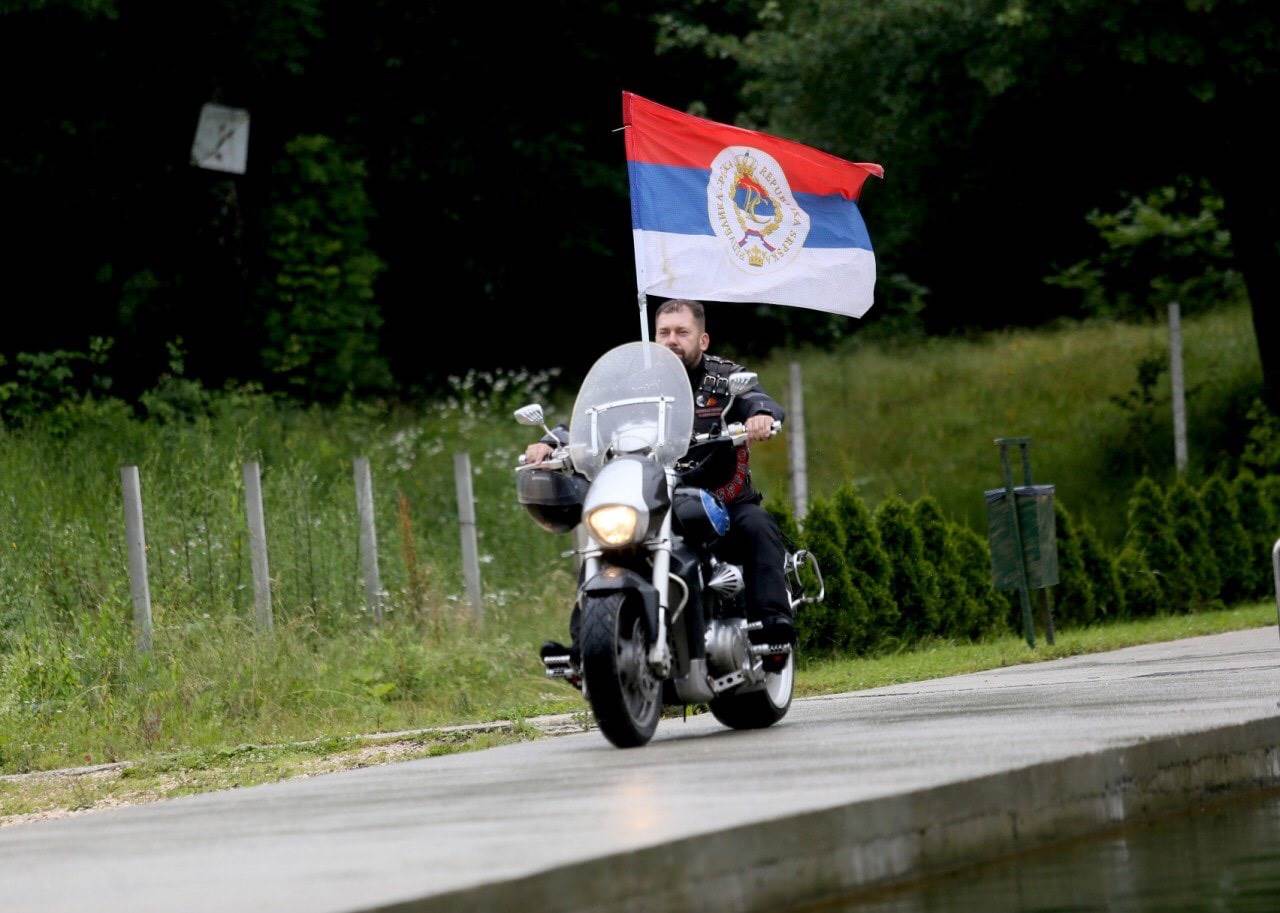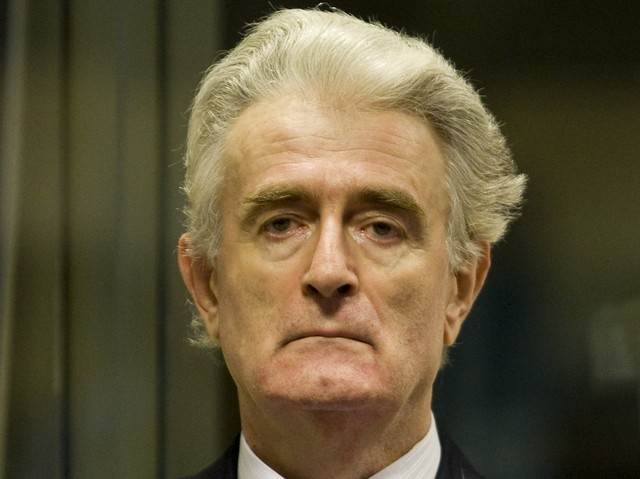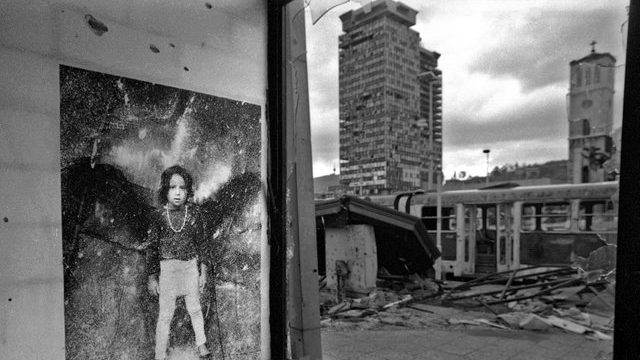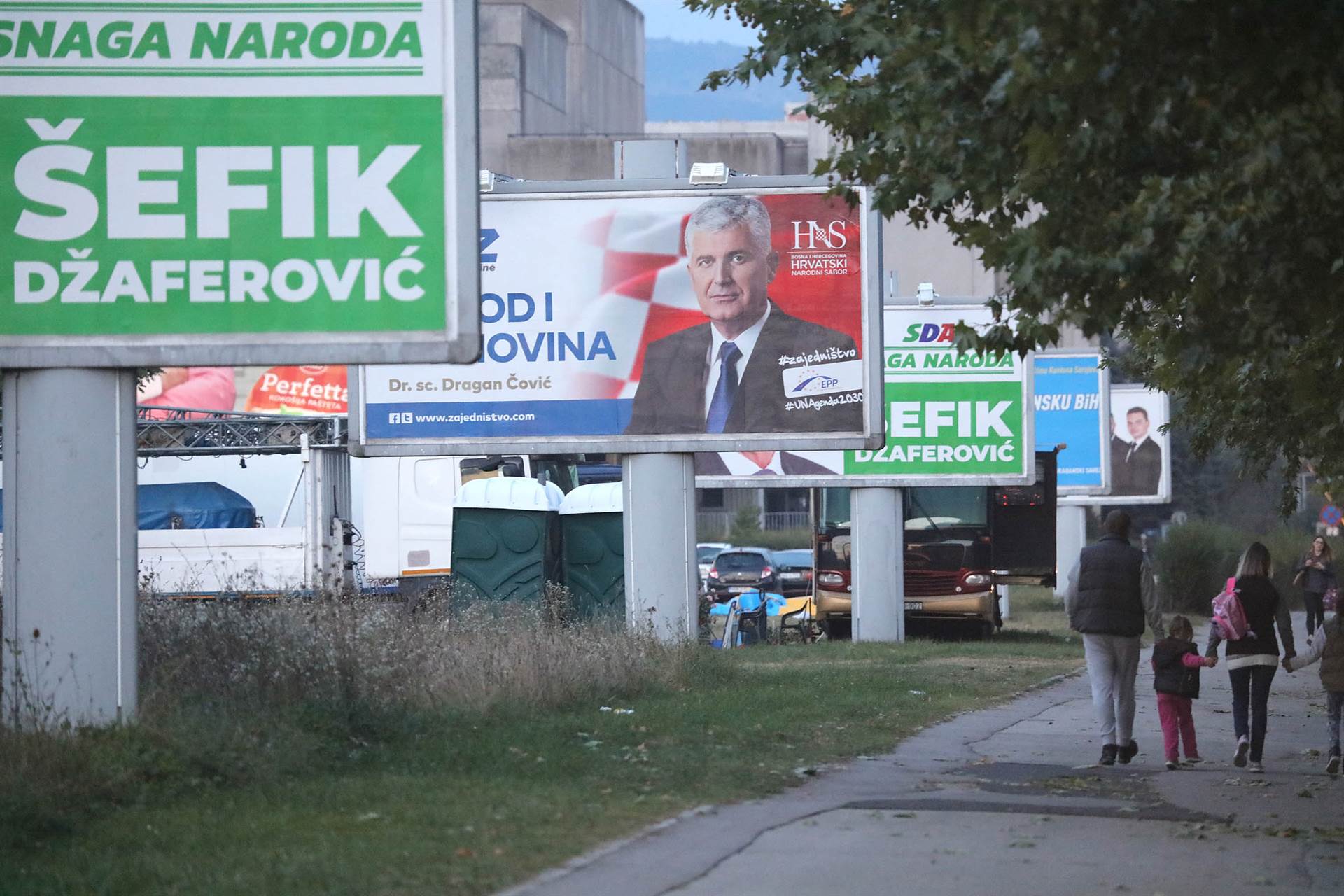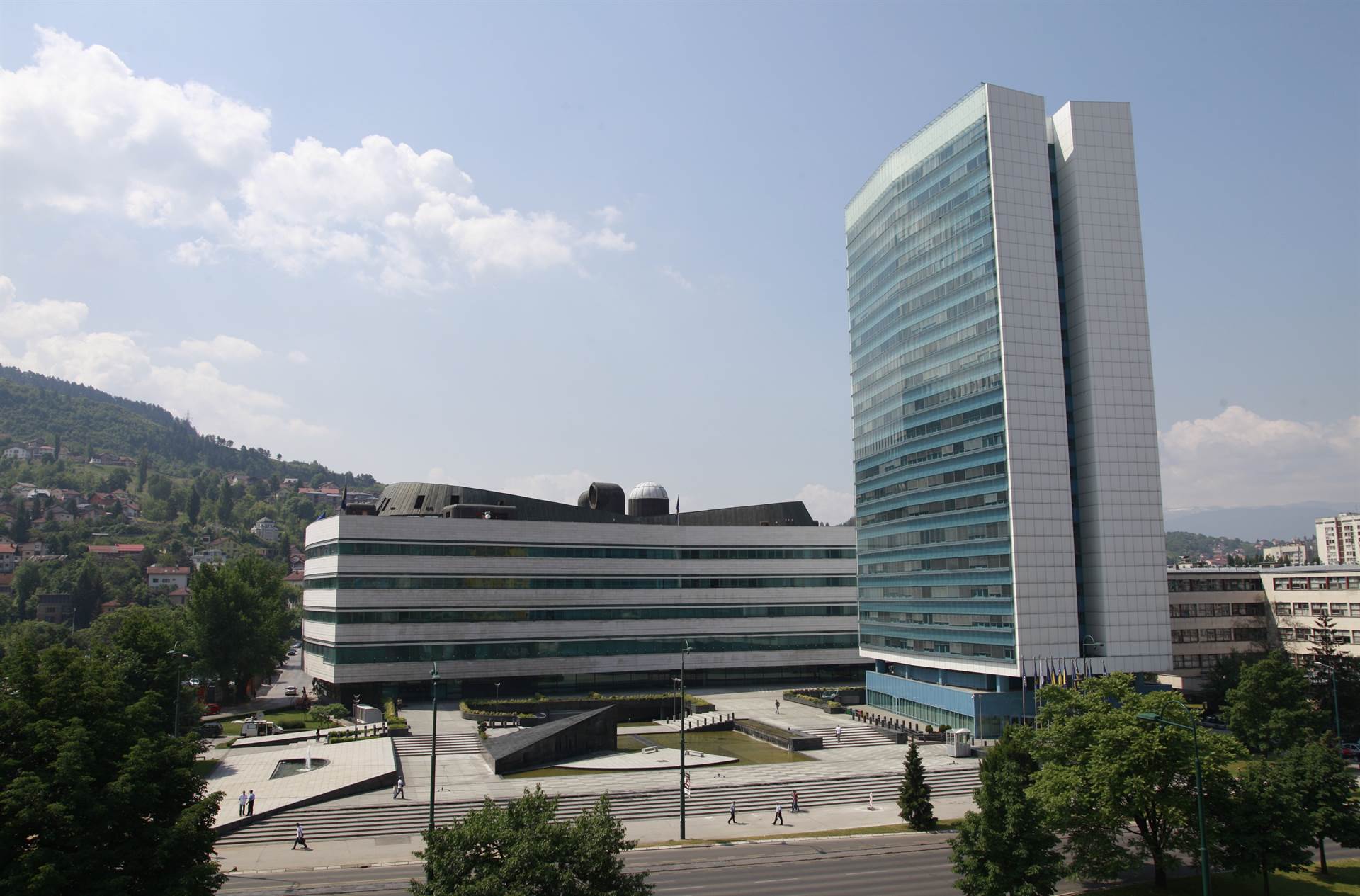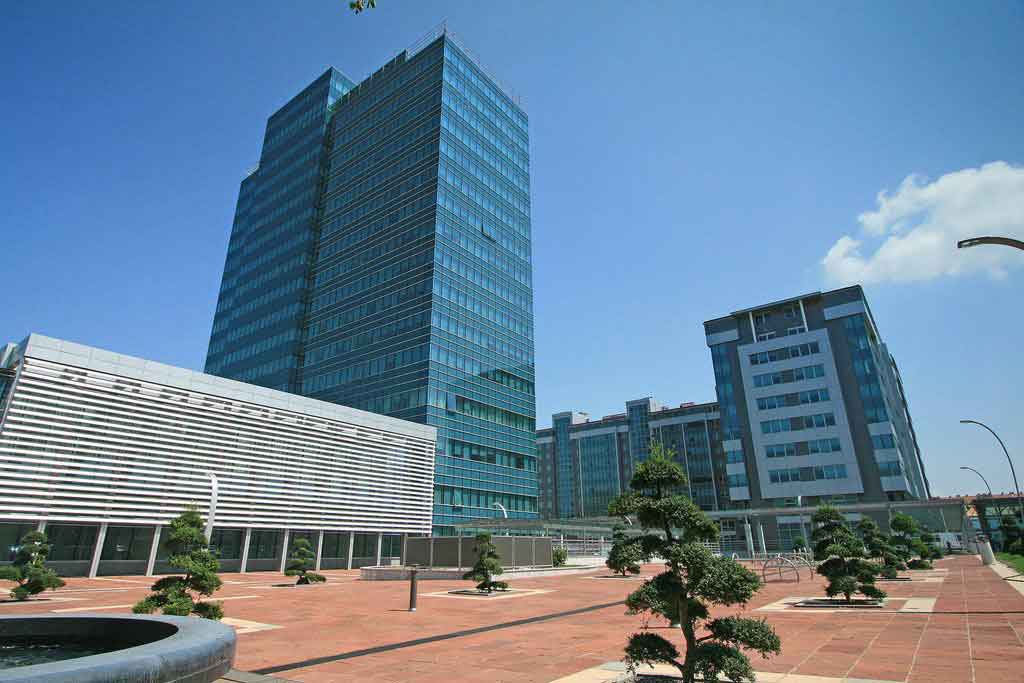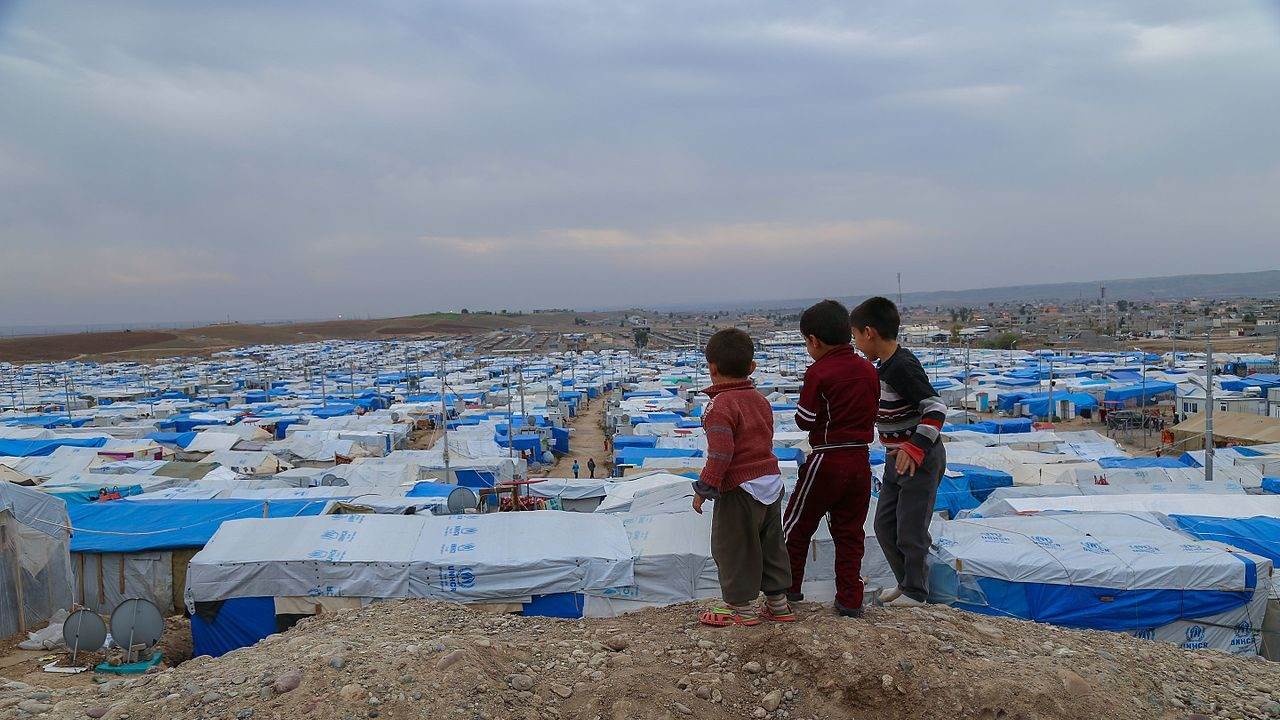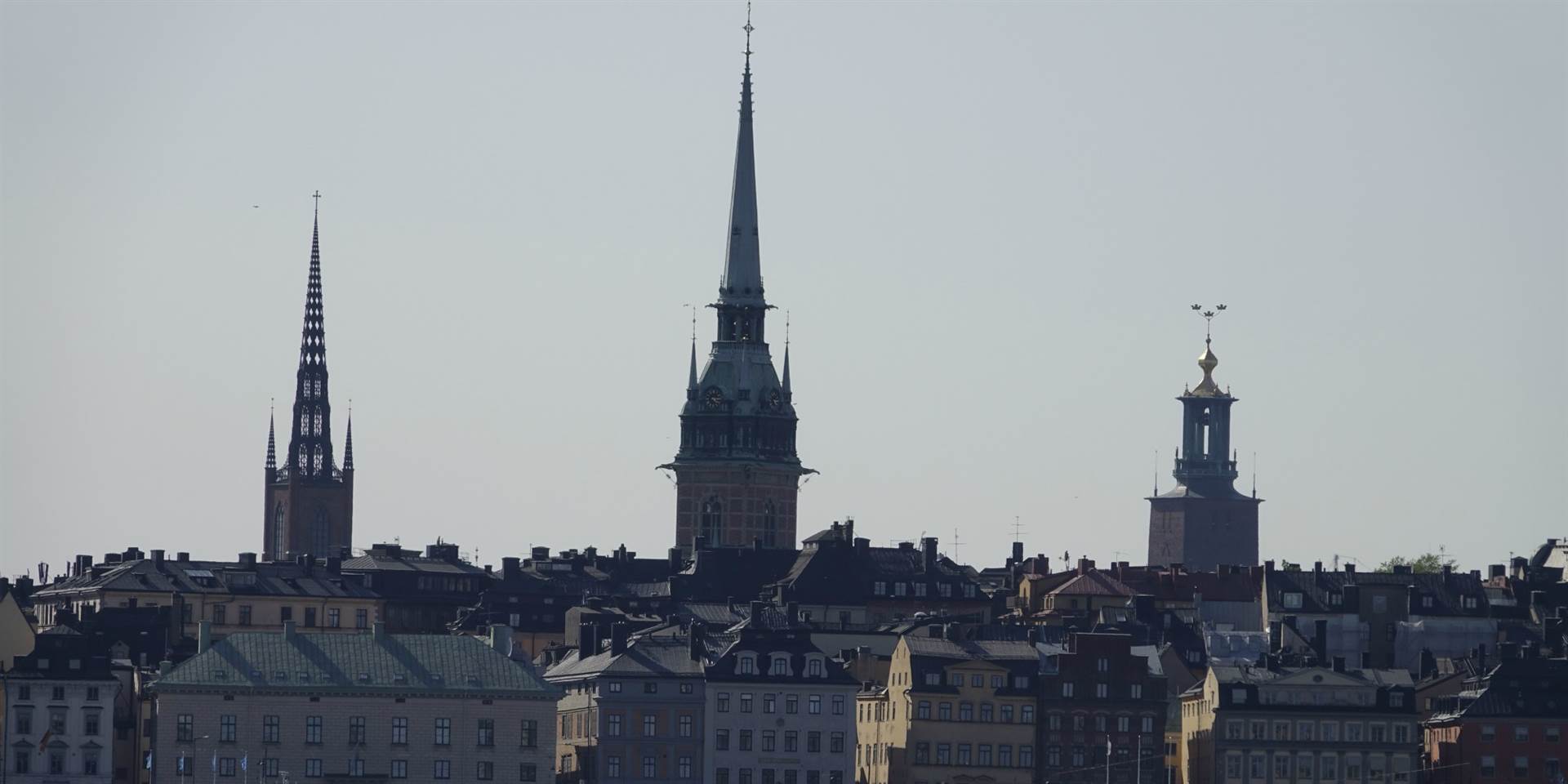As Radovan Karadzic’s final verdict approaches next week, many of the 12 years he spent evading arrest remain shrouded in secrets that the Serbian and Bosnian authorities seem reluctant to...
Like the original Night Wolves in Russia, a Bosnian Serb branch of the motorcycle gang enjoys close ties to the political elite.
Radovan Karadzic, the Bosnian Serbs’ wartime president, spent years on the run before he was caught and tried, and could now be jailed for the rest of his life when...
Twenty-seven years since the siege of Sarajevo began, a handful of commanders have been tried, but Bosnian prosecutors have not yet filed any indictments against direct perpetrators of sniping and...
Bosnia's state Investigation agency has accused nine people of committing election fraud in the general elections in October 2018 in the Brcko area, BIRN Bosnia can reveal.
A year after Bosnia and Herzegovina’s revised draft strategy for war crimes processing was completed, it has not even been considered by the Council of Ministers, raising questions about when...
Two new commissions set up by Bosnia’s Serb-dominated Republika Srpska entity to examine wartime crimes in Srebrenica and Sarajevo have been accused of seeking to distort the truth to whitewash...
The Sarajevo authorities have begun talks about checking the identities of captured Islamic State fighters, their wives and children before they can be sent back from Syria to Bosnia and...
Bosnia asked Sweden to take over the case against Serb ex-soldier Sinisa Milojcic, who is accused of rape and other wartime crimes, but Swedish law says he can’t be prosecuted...

